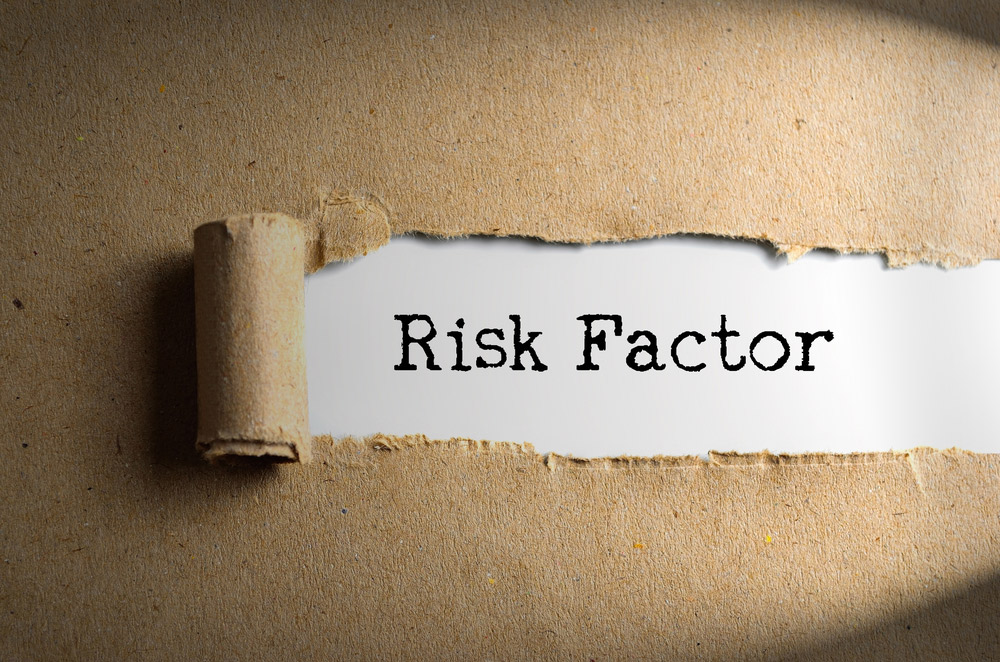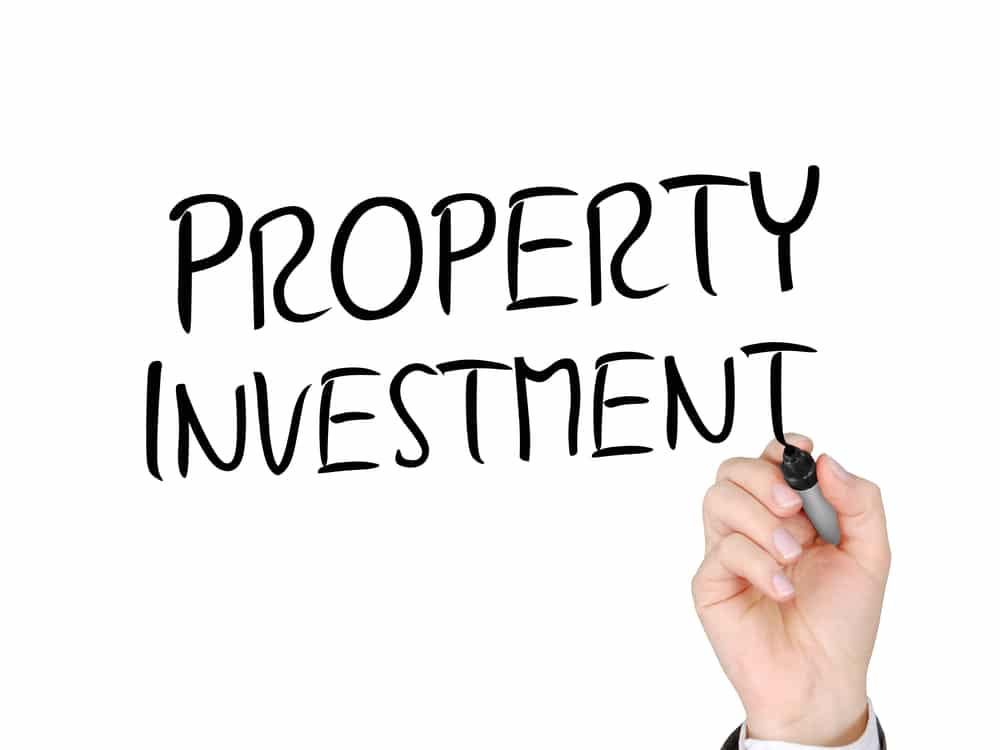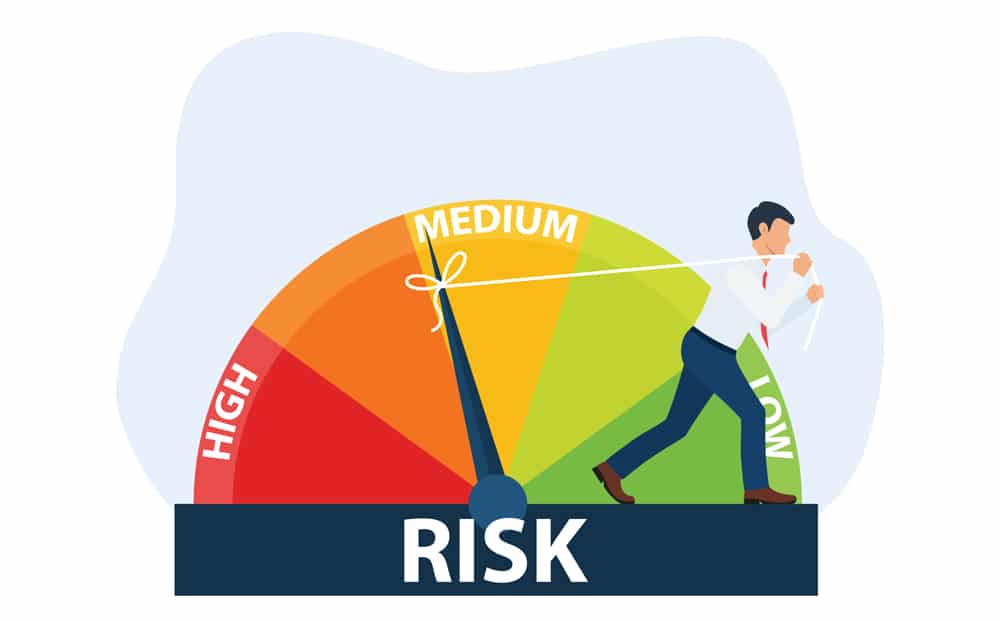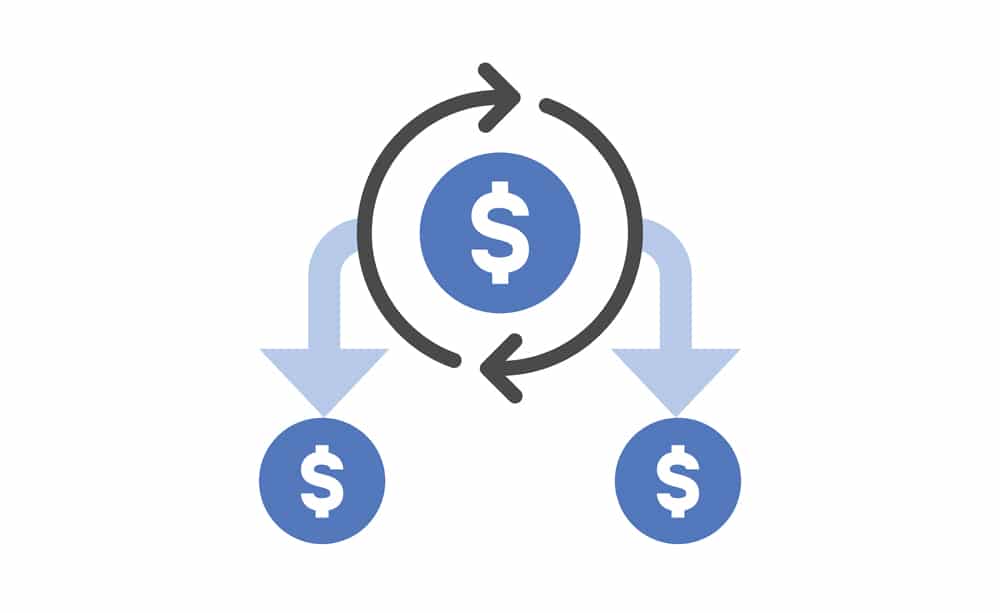
3 Ways a Property Investor Will LOSE Money!
There are many ways you can win big by investing in real estate. Equally, if you lose sight of the basics, you’ll end up losing something much worse – money!
No one sets out on their property journey to go backwards financially, so take note of these three common mistakes that investors often make, because if you don’t, it may cost you in the long run.
THEY DON’T UTILISE CAPITAL GROWTH
Our nation’s capitals are going gangbusters when it comes to property prices.
In July 2021 all capital cities reported an increase in house prices, with six – Sydney, Melbourne, Brisbane, Adelaide, Canberra and Hobart – racking up record highs for the third quarter in a row.
Not only is this great news for property investors, but for those ready to get into the market it offers a sense of security that house prices are continuing to go in the right direction as a current trend.
No one is going to argue that rising house prices are great for property investors, especially when it comes to the properties we own.
But, there’s a trap with capital growth that even smart investors can fall into.
First of all, capital growth, at least when you’re in the acquisition and consolidation phase of your investment journey, is a vanity project unless you take action and access that money.
Buying a property for $500,000 and seeing its value rise by $50,000 or even $100,000, feels great. You can sleep well at night knowing you made a smart investment.
But, unless you refinance your loans and grab that equity out of the property, what use is it to you?
Here, by not using your dormant equity, you’re putting yourself in a position that limits your earning potential which will ultimately lose you money in the long-run.
THEY SELL TOO SOON
The quickest way a property investor can lose money is to sell an investment before it’s had the time to work for you.
Working for you isn’t only increasing in value. More importantly, property works for you by creating a second income stream in the shape of tax breaks and rent.
If we take our eye off the long-term plan, capital growth can beguile investors into thinking their property has reached its peak and it’s time to sell.
THEY LISTEN TO THE WRONG PEOPLE
While very few people would chime in on the topic of how best to perform root canal surgery, or try to predict the weather forecast, almost everyone you know will have an opinion about property.
“You should buy, you should sell, you should do what my Uncle Fred did…”
Despite having no experience or expertise, most people think their opinion will be invaluable to you on your investment journey.
(Spoiler alert: It won’t!)
While smart investors might find it easy to ignore their nosey neighbour’s “good” advice, there are some people it’s harder to dismiss. Beware of well-meaning professionals who aren’t experts in property investing.
These people are often the ones you least expect, such as accountants and real estate agents.
For example, with accountants you pay them good money to help you make money. They know all about numbers and were probably really good at math in school. Surely, they know what they’re talking about when they’re telling you to sell your property that just got a bump in capital growth?
No, they don’t! Ask your accountant how many investment properties they own and how much passive income they’re generating via their long-term investment strategy before taking any advice that will likely be a small, short-term win, over a big, long-term gain.
Then there’s real estate agents. Ok, they’re just doing their job, but don’t lose sight of what that job is. Real estate agents are not paid to care about how much money you make over the life of your investment journey. In fact, they aren’t paid very much at all, unless they sell properties. They want their commission TODAY and so the quicker you sell, the richer they’ll be. Taking investment advice from a real estate agent is an oxymoron – it just doesn’t add up.
POSITION YOURSELF AS A WINNER, NOT A LOSER
Through listening to the wrong people and selling too fast, property investors deny their properties the chance to fulfill their potential, and they lose substantial amounts, not only in rental income and tax breaks, but in capital growth.
If your investment strategy is laid out over 10, 15 or 20 years, that’s what you need to stick to. Getting distracted by capital growth or bad advice will only lead to regret and financial loss in years to come.
Talk to property investing experts, like the coaches and mentors at Positive Real Estate who have years of experience and knowledge when it comes to the benefits of investing long-term.
Learn more about how you can take advantage of the current property market at one of our free property investor seminars. You’ll be led by a team of professionals who have demonstrated experience working across all types of markets so you can optimise your ability to grow a budding portfolio, create passive income and get set for the future – whatever that may look like for you.
Spaces are limited.
Recent Articles
10 Property Investment Tax Mistakes To Avoid
Tax isn’t often one of those conversations that give investors the warm fuzzies, especially when we’re talking about the 10 property investment tax mistakes to avoid! But it’s important that property investors reframe their thoughts around tax. Owning real estate can actually be incredibly tax effective – in fact some might say tax is a secret weapon for property investing.
How Lenders Assess Valuation Risk Factors When Financing
Ever thought you’d picked an absolute winner of a property only for the bank to come back with a list of valuation risk factors? It’s more common than you think, particularly in a rising market where values fluctuate so much that our ideas of what a property is worth actually start to disconnect from what a valuer sees.
Tips For Buying An Investment Property
Have you decided to take the property investment journey but are feeling clueless as to how to actually board the train? We’re going to give you our top five tips for buying an investment property in 2022 to help point you in the right direction!
Is Property Investment a Good Investment Asset for You?
Why is property investment a good investment? Why not invest in shares or bonds instead? Which investment is the most secure? If you’ve come to a crossroads in your life where you’re ready to start building your wealth but questions like these are bouncing around your head, then it’s time to sit down and start your education on investing.
Buying an Investment Property Before a First Home in Australia?
Owning property has always been part of the great Australian dream. A lot of people want a place to call their own, with stone benchtops, the latest appliances and a great entertaining deck out back. So, when interest rates hit a record low in the last couple of years and it suddenly started to cost the same to own as it does to rent, why wouldn’t you have just bit the bullet and bought your own home?
The Ins and Outs of Real Estate Risk Management
If you’re new to property investing, what is your risk profile and how do you plan to handle it? Real estate risk management is essential to quashing those all-encompassing fears that can follow investing…
Positive Cash Flow Property – Ultimate Guide 2023
If you want to become a superstar property investor and be on the path to financial freedom, then you’re going to need this guide to investing in positive cash flow properties! Investors that follow a positive cash flow strategy understand that living off passive income is the key to an early retirement – and the only way to do that is to make our money work for us, not against us.
House Vs Apartment Investment – Which Is Better?
These days property comes in all shapes and sizes, giving property investors more options than ever before. The question on everyone’s lips when it comes to the house vs apartment investment equation, is how do you truly know which is better?
The All Monies Mortgage Clause – What You Need To Know!
This article is about the all monies mortgage clause and how it can potentially affect your property investment. When you signed your bank loan agreement to secure funds for a mortgage, did your contract contain an all monies mortgage clause?












